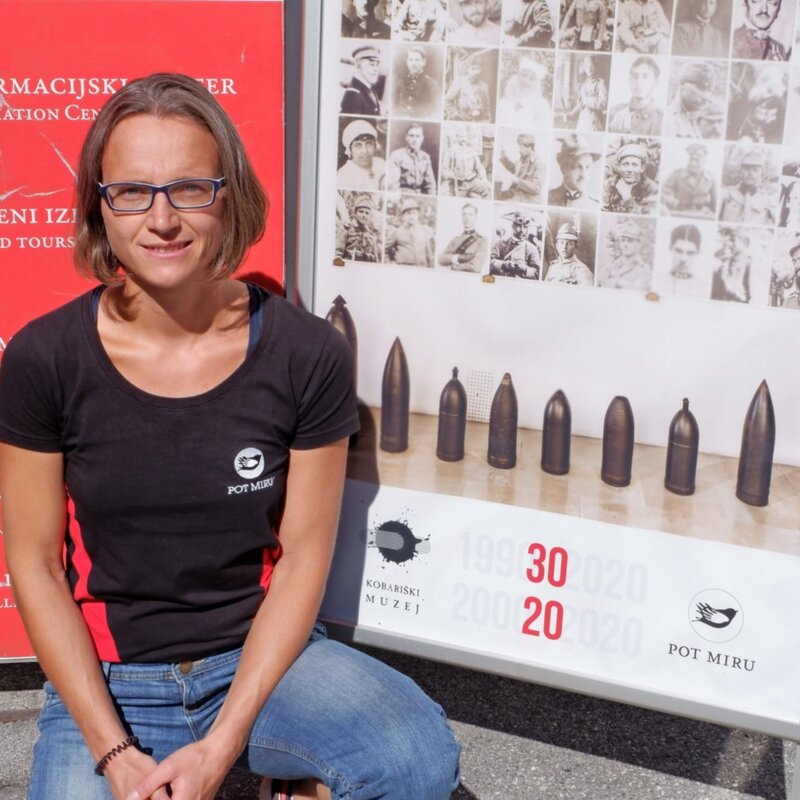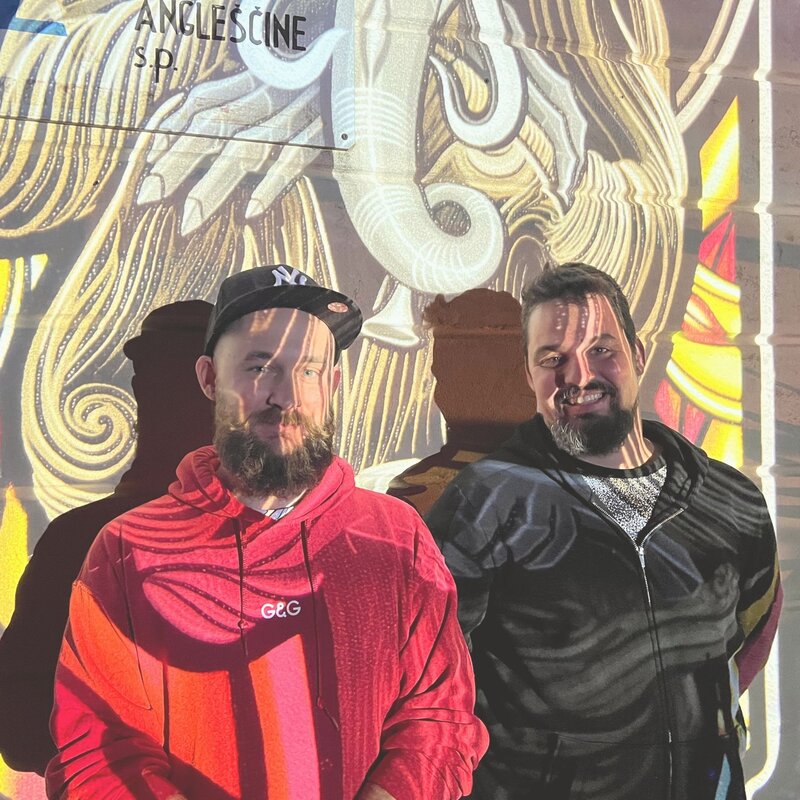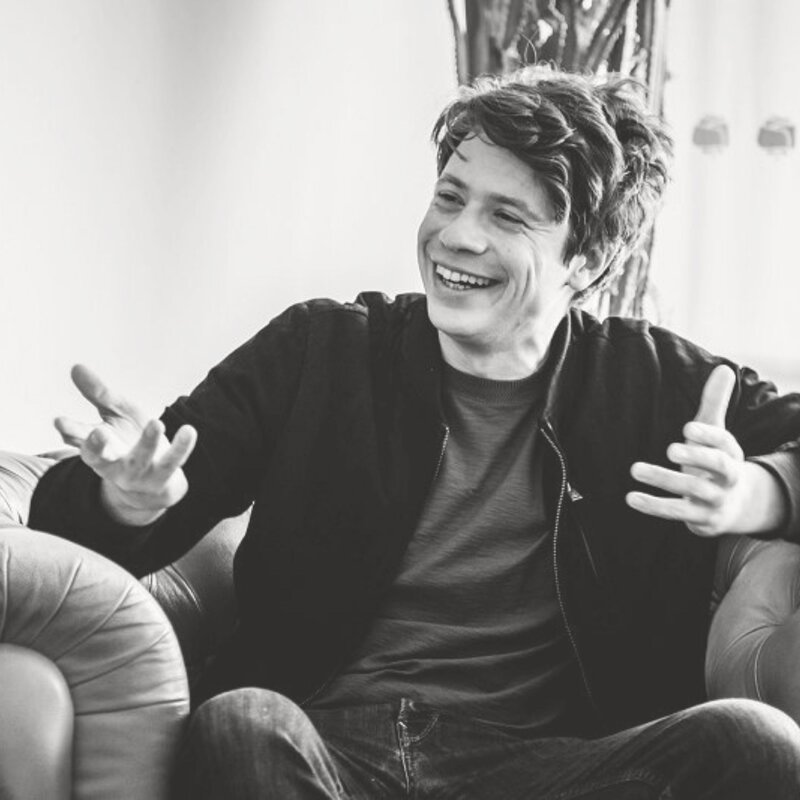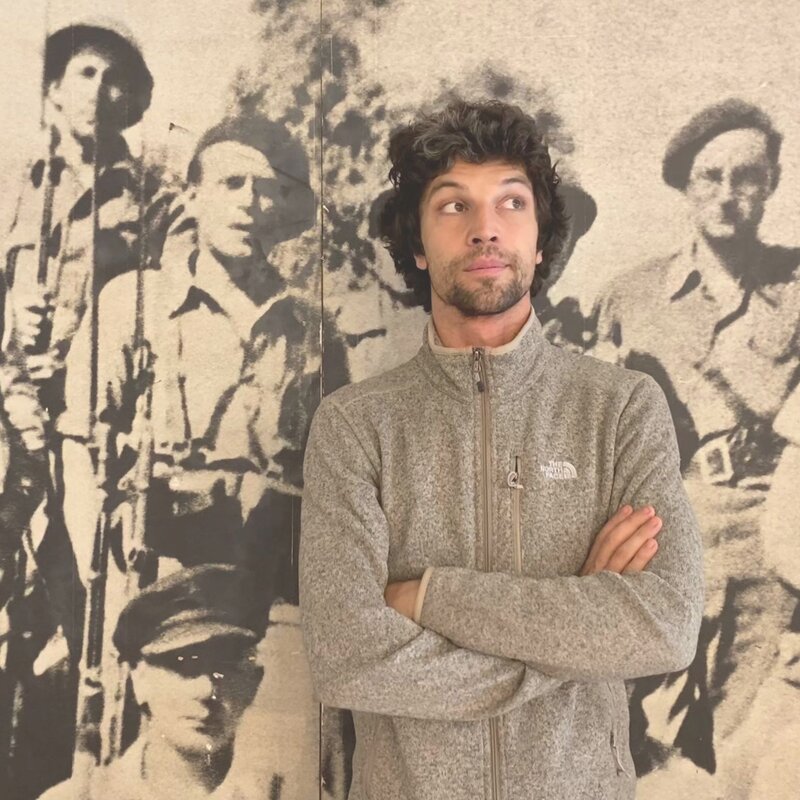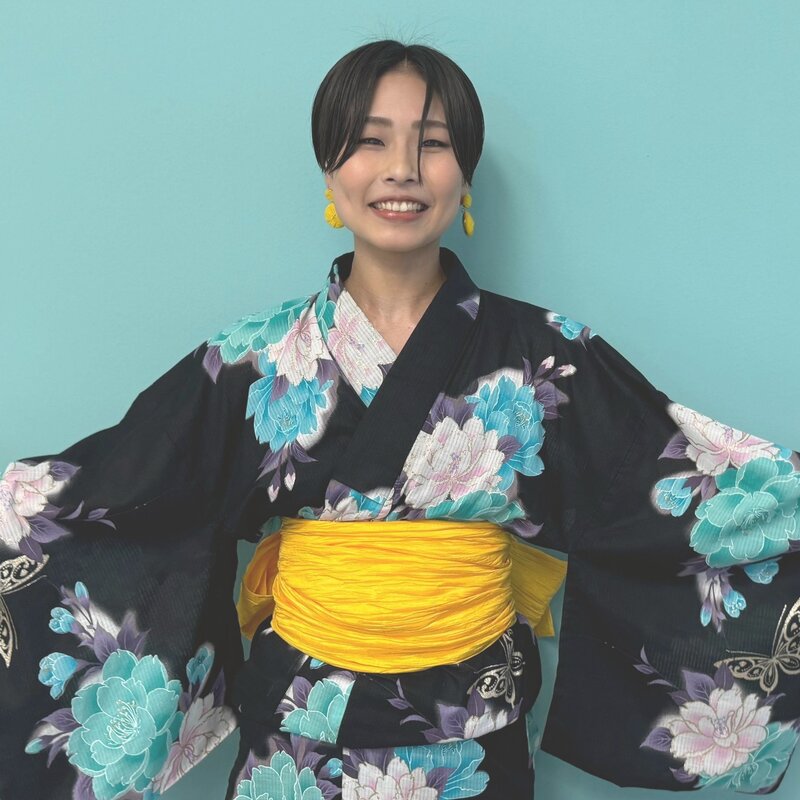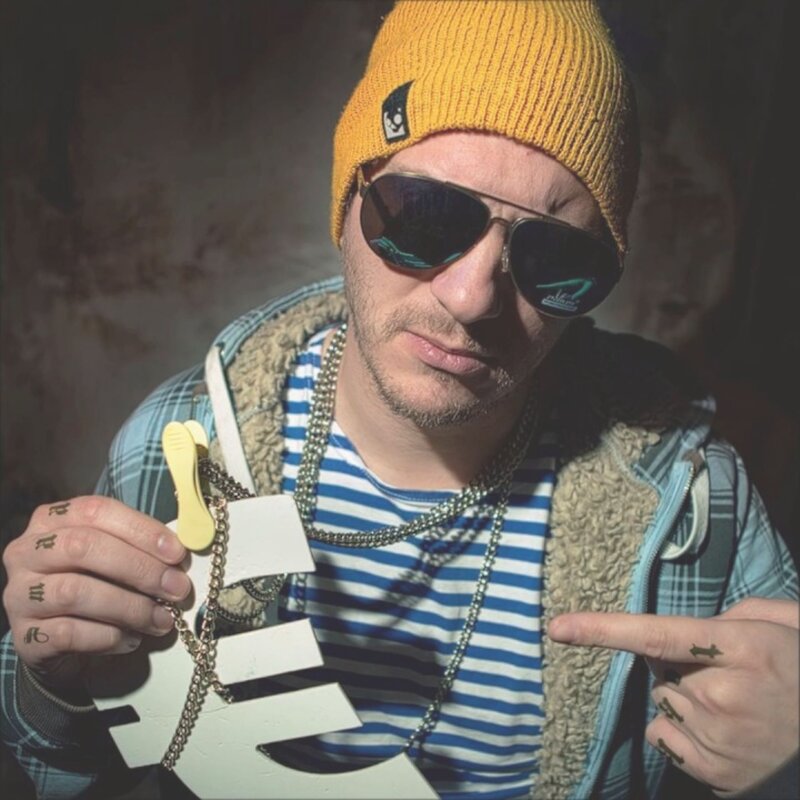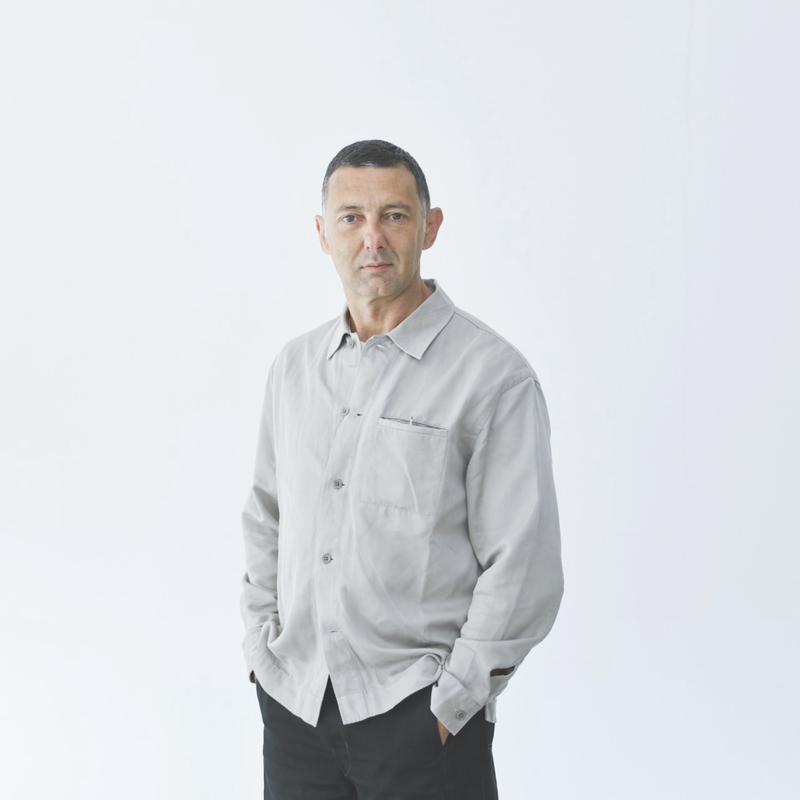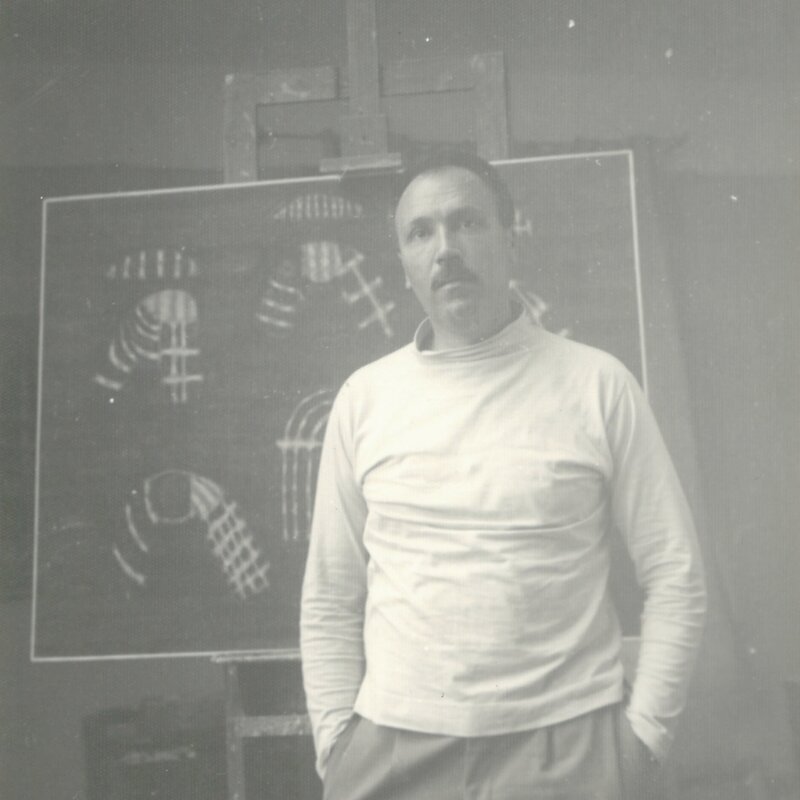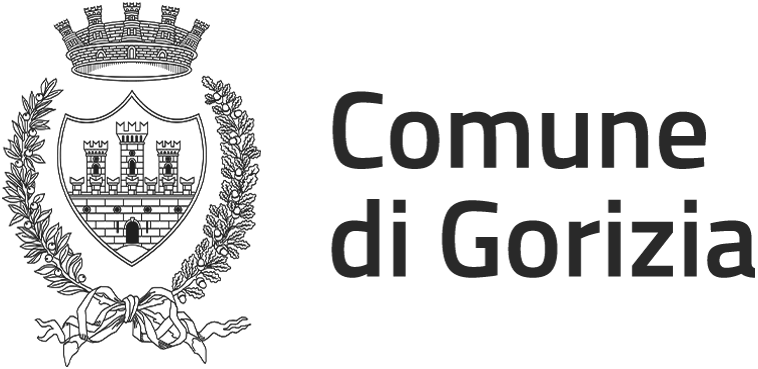19/09/2024
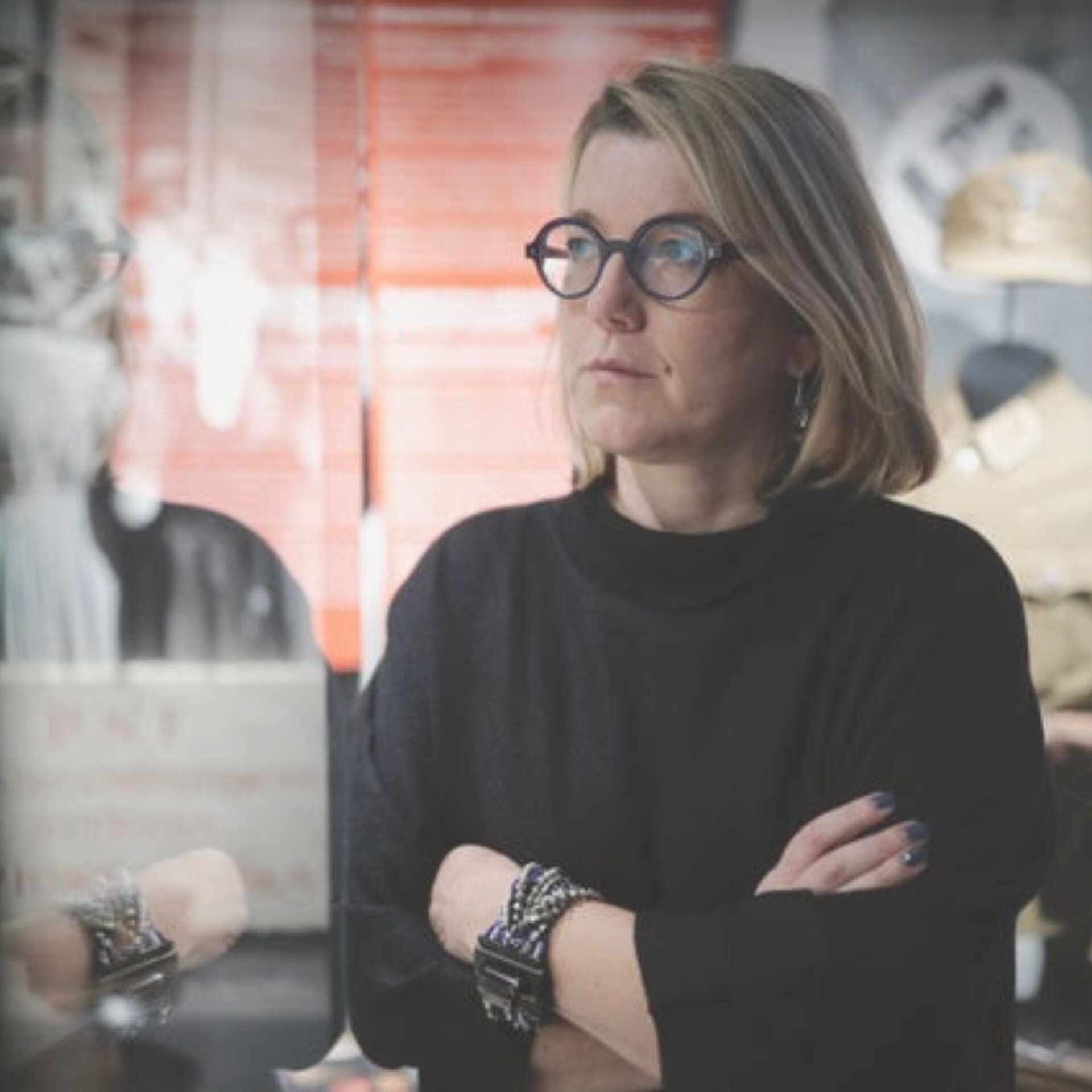
Kaja Širok is an expert in history, museology and cultural heritage.
Throughout her career, she has worked in a variety of settings and fields, including public cultural institutions, academia and administration. Until 2011 she worked at the Faculty of Design, where she headed the Department of Visual Communication, and from 2011 to 2021 she was the director of the Museum of Contemporary History of Slovenia, a public institution. At the same time, she was a researcher in the programme group at the Department of Sociology at the Faculty of Arts in Ljubljana. In 2022 she was appointed director of the public institution GO! 2025, while also serving as an active lecturer at the Faculty of Humanities, University of Nova Gorica. From 2022 to 2024, she served as State Secretary in the Slovenian Prime Minister's Office. Her work covers a wide range of activities, including research, European project management, mentoring and management of cultural organisations. She is the author of numerous scientific publications, has received various awards and prizes for her work and is a member of professional and academic associations at national and international level. She is a member of the Academic Council of the House of European History in Brussels and, since 2022, a member of the Executive Board of ICOM, the International Council of Museums. She regularly participates in programme committees of international conferences and gives lectures and workshops on museology, cultural heritage and history.
Kaja Širok is also curator of the GO! 2025 EPIC project (European Platform for 20th Century Interpretation), an emerging cross-border participatory space for exchanging perspectives and understanding 20th century history. The permanent exhibition will include personal stories and memories of the people of the Goriška region, with the aim of presenting historical interpretations of the region. EPIC will promote dialogue on identity and shared heritage, with local people actively involved in shaping its content. The platform will address historical and cultural challenges and encourage cooperation and critical dialogue.
Photo: Uroš Hočevar (Delo)
